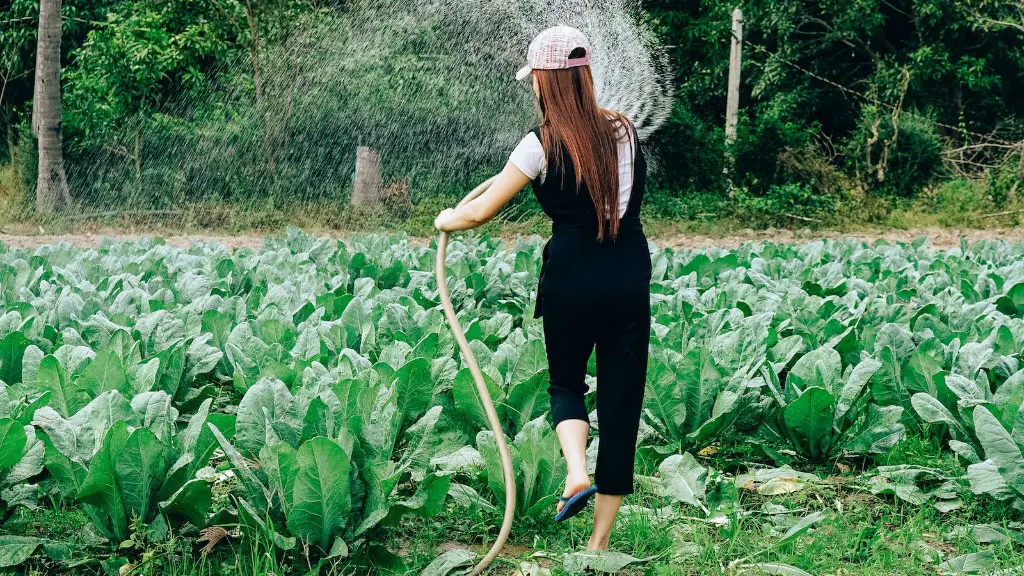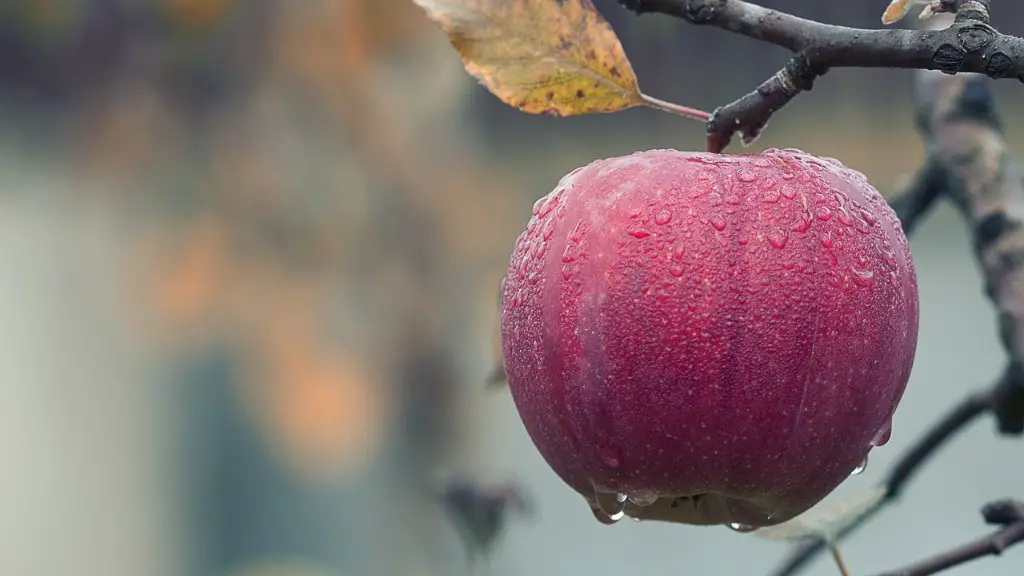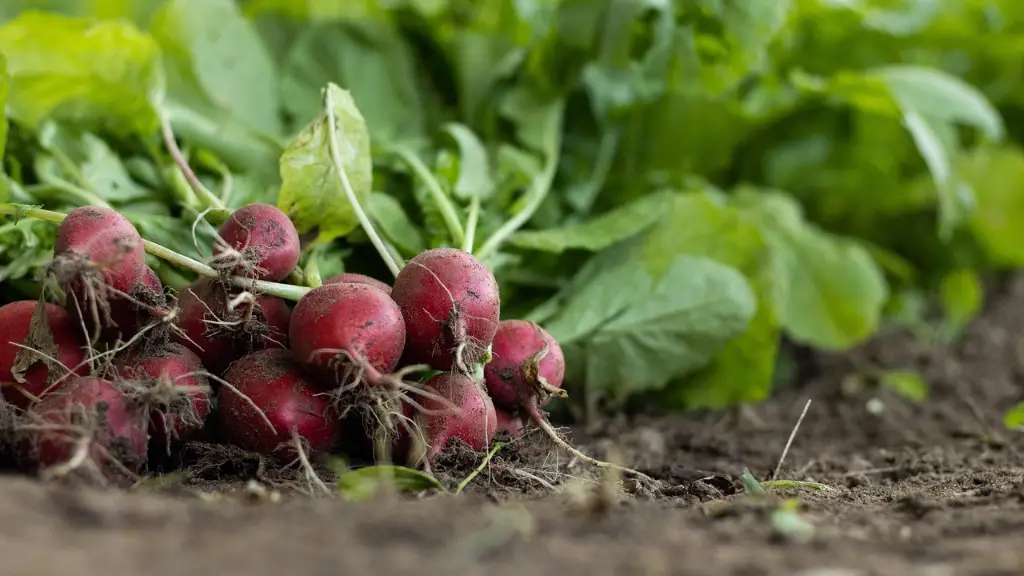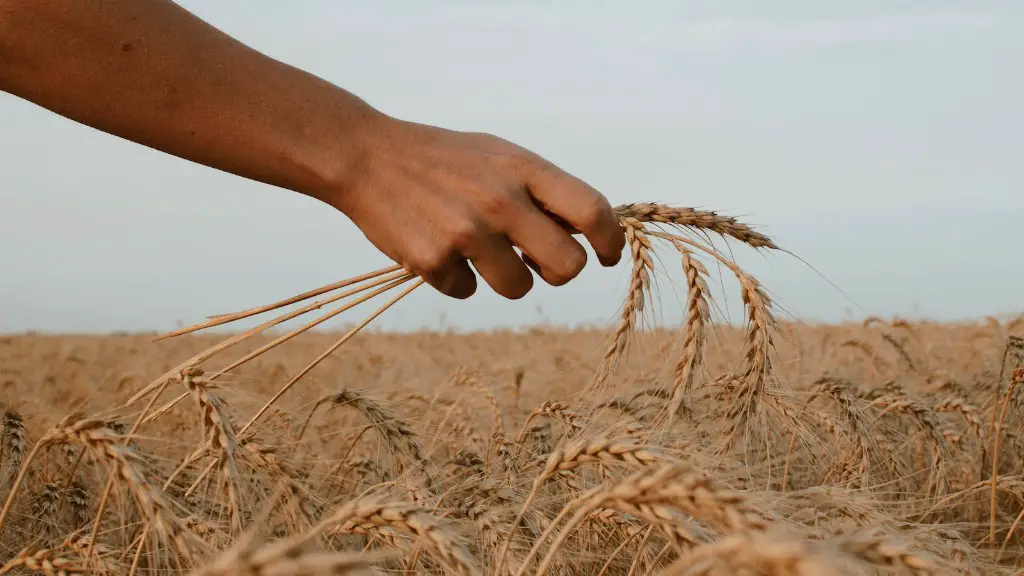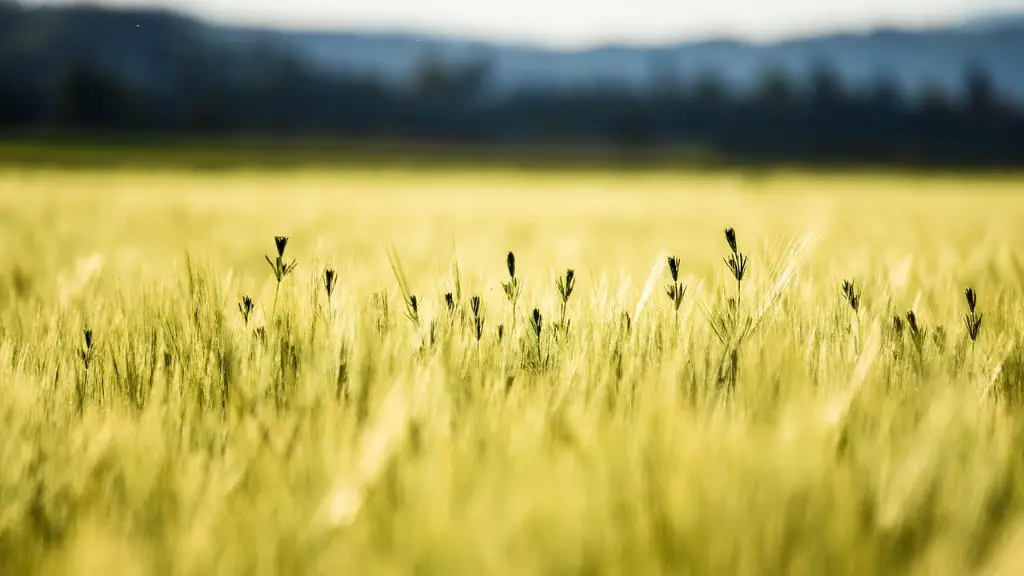The first agricultural practices are thought to have taken place in the Fertile Crescent, an area in the Middle East that includes parts of present-day Iraq, Syria, Turkey, and Iran. Agriculture allowed for the domestication of plants and animals, which led to the development of civilizations.
The first agricultural practices were thought to have occurred around 10,000 BC in the Fertile Crescent region which includes parts of modern-day Iraq, Iran, Syria, and Turkey.
When was agriculture first practiced?
The Agricultural Revolution was a game-changer for humanity. For the first time in history, we were able to domesticate plants and animals, which allowed us to settle down and build communities. This lifestyle was much more efficient than the nomadic hunter-gatherer lifestyle that we had been dependent on for survival.
Egyptians were among the first peoples to practice agriculture on a large scale, starting in the pre-dynastic period from the end of the Paleolithic into the Neolithic, between around 10,000 BC and 4000 BC. This allowed them to settle in one place and develop a complex society. Agriculture also allowed for the growth of cities and the rise of civilizations.
What was the first agriculture
Agriculture was a major milestone in human history, as it allowed for the domestication of plants and animals and the growth of civilizations. The Neolithic era saw the invention of agriculture, and with it, the domestication of plants and animals. This led to the growth of civilizations, as people were able to settle in one place and build cities and states. The Neolithic era ended with the development of metal tools, which allowed for more efficient farming and the growth of industry.
Farming began c 10,000 BC on land that became known as the FERTILE CRESCENT. Hunter-gatherers, who had traveled to the area in search of food, began to harvest (gather) wild grains they found growing there. They scattered spare grains on the ground to grow more food.
What civilization did agriculture start?
The first agrarian civilizations developed in a few different places around the world. The earliest were in Mesopotamia, Egypt, and Nubia (in what is now northern Sudan). Later, agrarian civilizations developed in China and in Central and South America.
Agrarian civilizations were built on the domestication of plants and animals, which allowed for the growth of settled, sedentary communities. This, in turn, led to the development of complex social structures, technologies, and ways of life.
Agriculture began in both North and South America at around 10,000 years ago. This was around the same time that humans first arrived in the Americas. Agriculture allowed humans to settle down and develop civilizations. Agriculture is a vital part of human history and has had a huge impact on the development of the world.
Who was the first farmers on earth?
A new study that was recently released shows that the first farmers actually represented a mixture of Ice Age hunter-gatherer groups, spread from the Near East all the way to south-eastern Europe. This is a significant finding as it provides insight into the origins of agriculture and how it spread to different parts of the world. The study also reveals how different groups of people came together and intermingled to form the first agricultural societies.
The first settlers in Plymouth Colony were able to plant and cultivate different crops from England, but the most important crop to them was Indian corn (maize). This was made possible with the help of the native Squanto, who showed them how to cultivate it properly.
When did agriculture start in Mesopotamia
The regular flooding along the Tigris and the Euphrates made the land around them especially fertile and ideal for growing crops for food. That made it a prime spot for the Neolithic Revolution, also called the Agricultural Revolution, that began to take place almost 12,000 years ago. The Neolithic Revolution was a time when people began to domesticate plants and animals, and to live in permanent settlements. This was a major turning point in human history, because it led to the development of civilizations.
Farming is thought to have originated in the Near East and made its way to the Aegean coast in Turkey. From there, farming and the specific culture that came with it (such as new funerary rites and pottery) spread across much of Western Europe. This spread of farming allowed for the development of civilizations and the growth of cities.
How did early humans start farming?
Farmer’s protect their plants from animals and birds so that they can grow and produce seeds. In this way, people became farmers.
Mesopotamia was home to one of the most plentiful agricultural systems in the ancient world. The main types of grain that were used for agriculture were barley, wheat, millet, and emmer. Mesopotamia also had an extensive irrigation system that was used to water the crops. This allowed for a large amount of food to be produced in the region.
What is the oldest crop
Lentils have played an important role in human history for over 13,000 years. Today, we add lentils to tasty stews, soups, and salads. However, in ancient times, lentils were an important part of establishing modern societies. Lentils were a key ingredient in early Egyptian and Mesopotamian cuisine and were also a staple food in the diet of the Roman army. Thanks to their high protein content and nutritional value, lentils helped to nourish and sustain early civilizations. Today, we continue to enjoy lentils for their delicious taste and nutritional benefits.
If you’re a farmer, rancher, or country person looking for love, then FarmersOnly.com is the online dating site for you. Founded in 2005 by Jerry Miller, FarmersOnly.com was created for city folks who just don’t get it! With over 10 years of success, FarmersOnly.com is the place to go if you’re looking for someone who understands the rural lifestyle.
Was Mesopotamia the first to farm?
The rise of civilization in Mesopotamia was due to the fertile silt that was brought by the Tigris and Euphrates rivers every year. This silt made the land ideal for farming and the first farm settlements were formed in 7000 BC. Farmers grew wheat, barley and other types of grain which made the land very productive.
Mesopotamia was a very innovative and creative place. They invented many things that we still use today. Things like writing, math, medicine, and even beer making. They also had a very advanced road network and domesticated animals. The zodiac and astronomy were also invented in Mesopotamia. They were also the first to use looms and plows. And their legal system was very advanced for its time.
When did agriculture begin in Mesoamerica
Around 7,000 years ago, agriculture emerged in Mesoamerica, including the domestication of maize, beans, and squash, causing major changes in the plants that people cultivated. The domestication of these plants led to the development of new methods of agriculture, which allowed for the growth of civilizations in the region.
Wheat is the first cereal to be cultivated by man. It is being sowed, tended and reaped soon after 8000 BC. The people of Jericho are the first known to have lived mainly from the cultivation of crops. Barley is grown within the following millennium.
Warp Up
The first agricultural practices were most likely done in the Middle East around 10,000 BCE. This is where some of the earliest known crops were domesticated, including wheat and barley.
It is believed that agriculture was first practiced in the Middle East region known as the Fertile Crescent. Agriculture allowed for the domestication of plants and animals, which led to the development of civilizations. Agriculture allowed for the growth of cities and the rise of civilizations.
